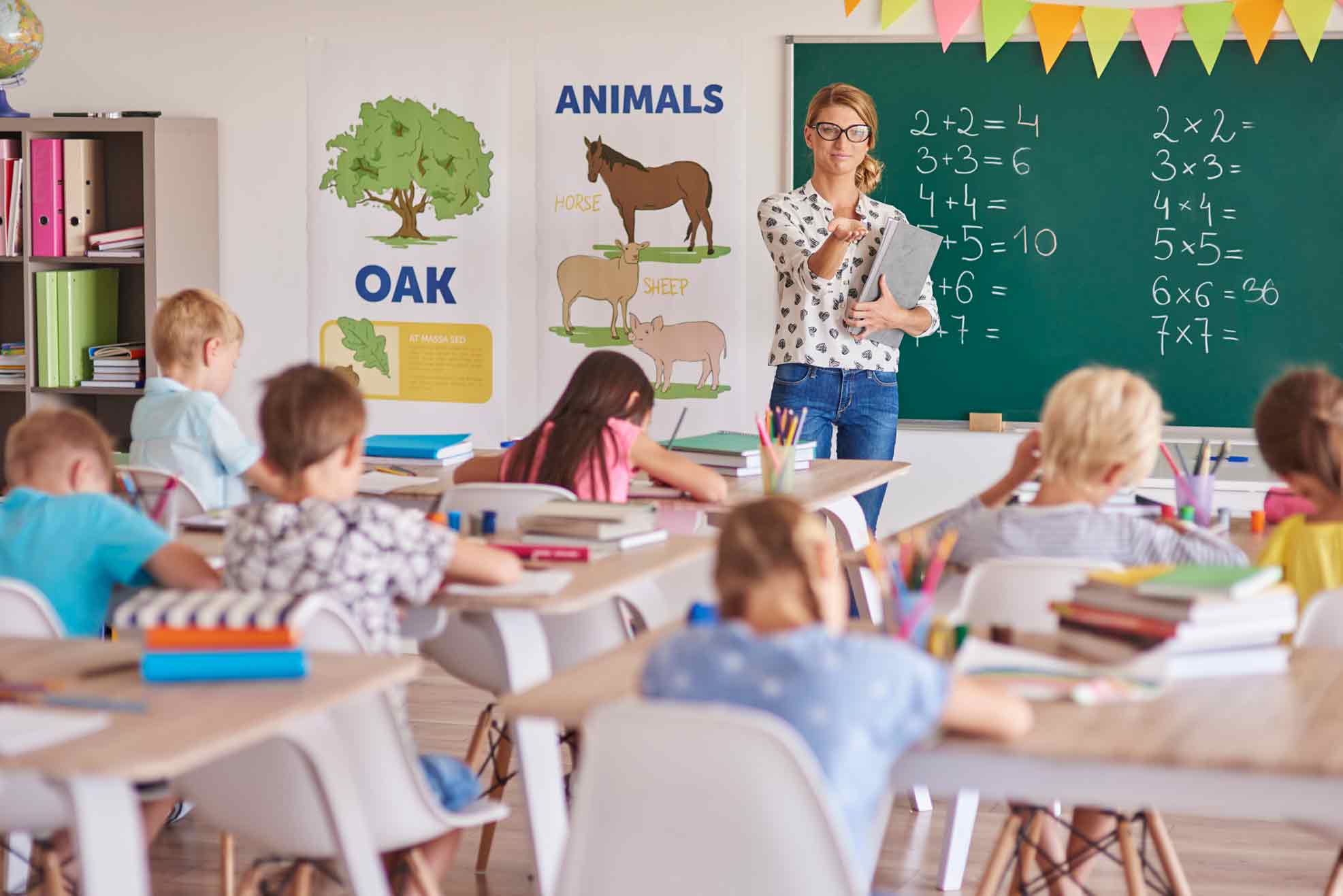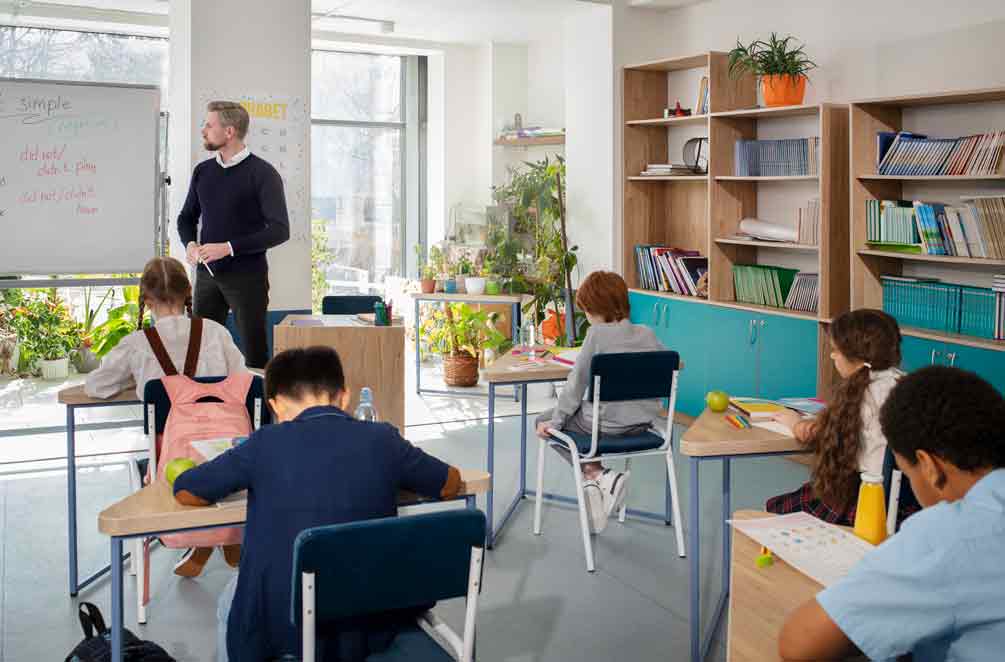Schools are not only places of education, but also centers that promote sustainable practices and train the next generation of environmentally conscious people. Energy efficiency is a key aspect of sustainability that schools can focus on. By prioritizing energy conservation measures, schools can help reduce their carbon footprint, save resources, and create a healthier, more supportive learning environment. In this...
How can teachers improve knowledge transfer in the classroom? In this study, researchers examine the effects of various tests on students’ knowledge transfer. The results highlight an effective strategy that teachers can use to improve learning outcomes. This study (Foss et al., 2023) examined the influence of a series of tests on students’ ability to transfer acquired knowledge in university courses to new contexts.Focuses on the effects of...
Do shorter schedules lead to better teacher performance and retention? New research using English school staff census data has revealed links between the number of hours teachers spend with students (contact hours), the complexity of working hours, students’ GCSE results and teacher turnover. The article begins with a familiar scenario. It’s the end of the academic year and...
How many questions does a teacher ask during a school day? Asking questions helps us understand each other. By asking them, we can gather more information and better process the world around us. Not all questions are effective! As humans, we ask others questions...
As a teacher, capturing and maintaining students’ attention is critical to effective teaching and learning. Understanding the complex relationship between hormones like dopamine and cortisol and attention can help you plan your lessons. Dopamine is associated with pleasure and reward and plays a key role in...





